With more people spending most of their time at home, it’s no wonder domestic electricity consumption has gotten higher. But we can’t deny that home appliances make our lives easier. The only thing that hasn’t gotten smaller in the modern age is the number at the bottom of our utility bills.
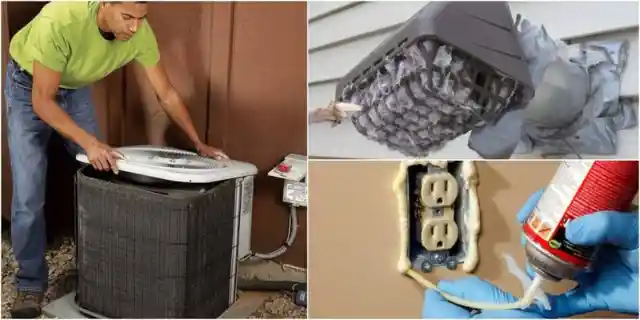
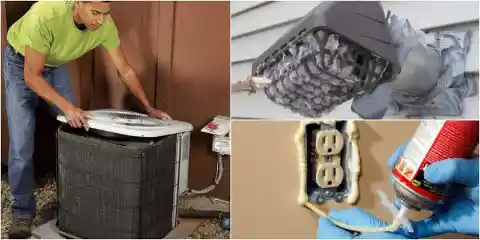
Everything, from small light bulbs to air conditioners, requires energy in one form or another to work. And for every convenience we gain, we pay a price in return. That’s why we have to look for ways to save money without compromising our creature comforts. So here are some practical, easy-to-follow tips to help you save money and energy.
Swap Out Your Old Light Bulbs For LED Bulbs
LED lighting is much more efficient when compared to incandescent bulbs. LED light bulbs use 75% less energy, and a single bulb can last up to 20 years. LED light bulbs not only help you save money on your power bill, but they also save you from having to drive down to the store every one of them blows.
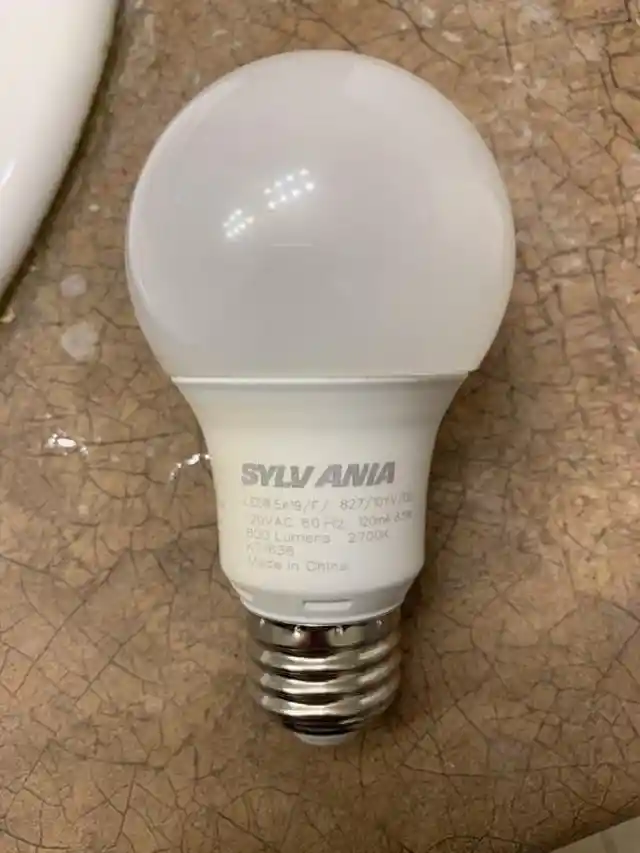
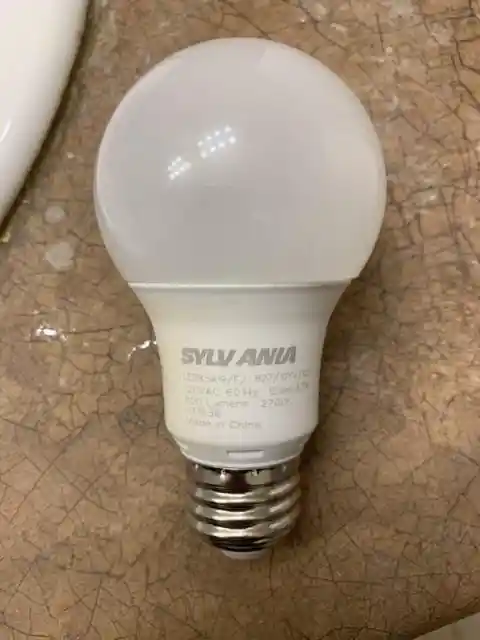
If you can, replace every light source in your house with LED bulbs. However, if that is not economically feasible, at least replace the most frequently used ones first.
Make Your Home Smarter!
Some argue that smart switches are not worth the money as they are expensive and require more energy to use. But smart technology has advanced in recent years. These days, smart light switches are actually the best investment for your home.
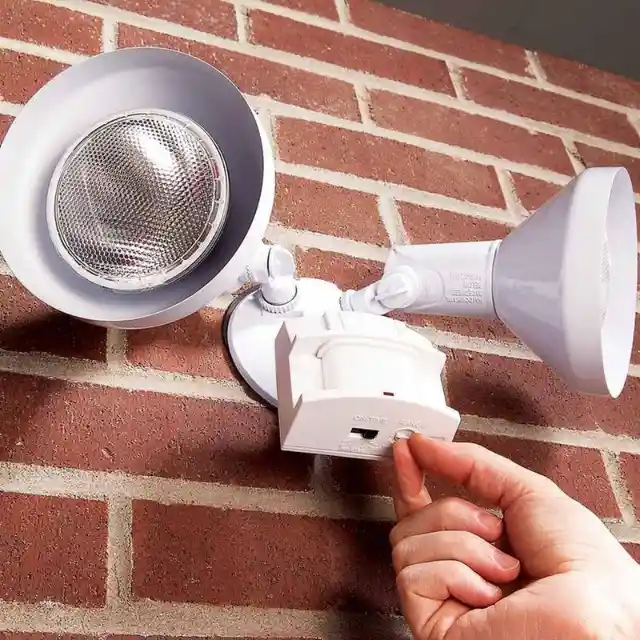
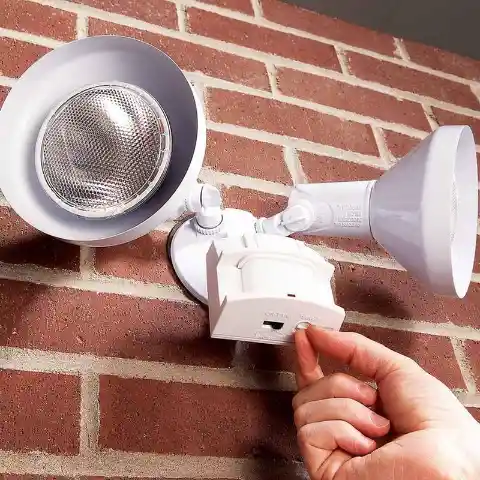
Smart switches can be configured so that you can control all your room’s lights remotely. Additionally, your lights will turn themselves off after you’ve left the room for a certain amount of time, helping you to save money on your monthly power bill.
The Art Of Caulking
Another way to save money on your heating bill is to seal your windows from outside exposure, making them air-tight. This practice is called “caulking,” and it can be very useful as well as cost-effective—especially during the winter—as doing so will help keep you and your family warm.
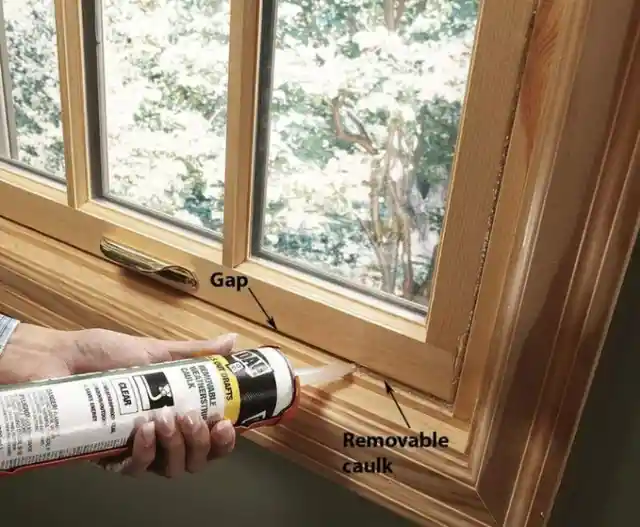
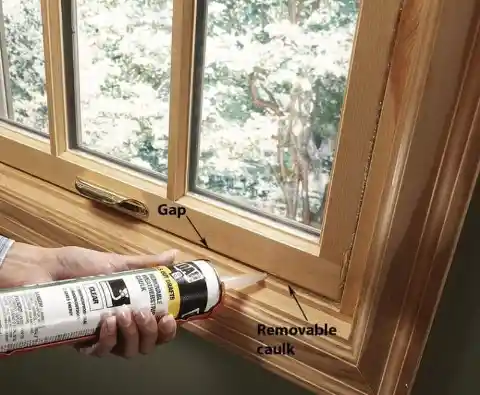
To seal your windows, locate the area where the draft is coming in through on a windy day. It's typically around the corners or where there are any cracks. Apply silicone caulking to the area using a caulking gun, like the one in the image.
Check Your Attic For Any Holes
This may come as a surprise, but your roof probably has holes and air leaks that are siphoning heat from your home. These holes can decrease the efficiency of your heating and cooling systems. Usually, these holes can either be found in your attic, around light fixtures or near plumbing.
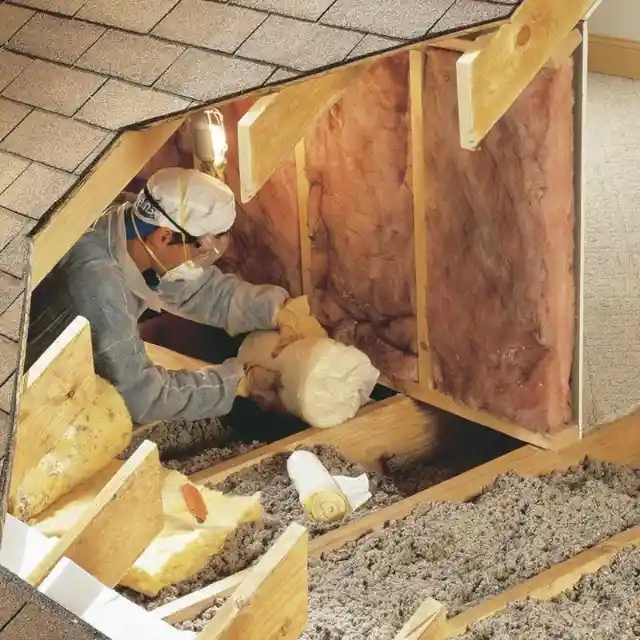
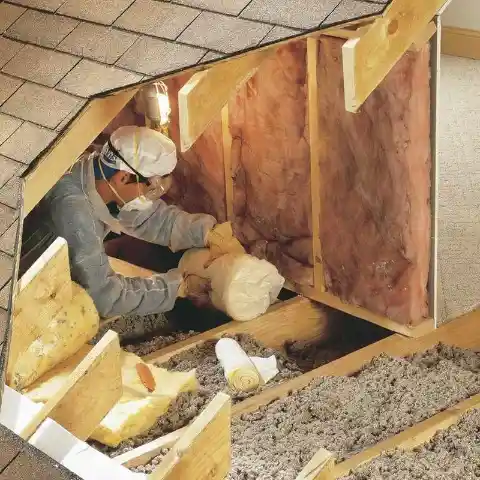
Sealing your attic up can be a great do-it-yourself project. If you enjoy buying and trying new tools or diving into home repairs, it shouldn’t be too hard for you. Of course, you can always look for tutorials online that explain how to seal an attic if in doubt.
A High Tech Thermostat is a Smart Investment
Investing in a high-tech two-stage thermostat might be the best choice for your abode, especially if you already have a two-stage furnace. When it comes to heating your home, this can lower your monthly power costs when compared to regular furnaces.
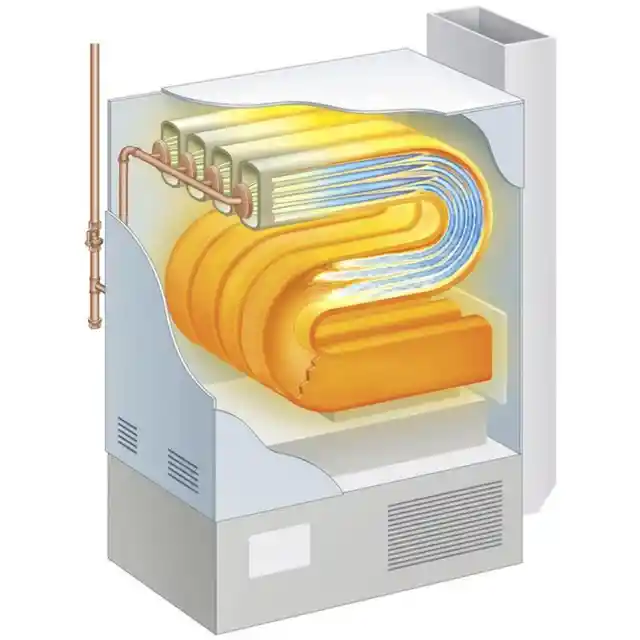
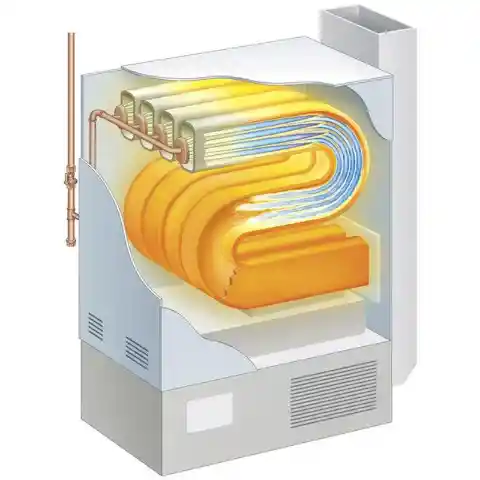
The high-tech thermostat waits until the temperature rises 6–8 degrees an hour before firing up the second stage. This will keep your second-stage burner from starting at times when it's not called for, which decreases the efficiency of your system.
Insulate the Ducts
When considering your home's insulation, don't forget the ducts. The ducts transfer heated air around the house, and studies show that badly insulated ducts can cause up to 30 percent of your heated air to escape.
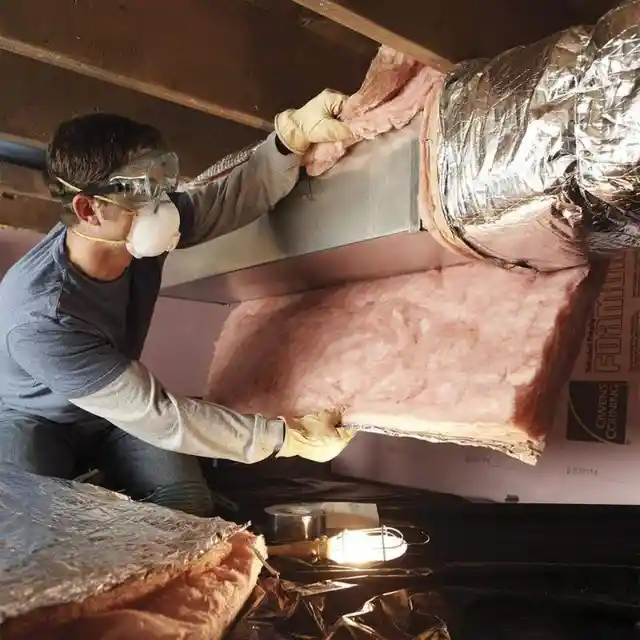
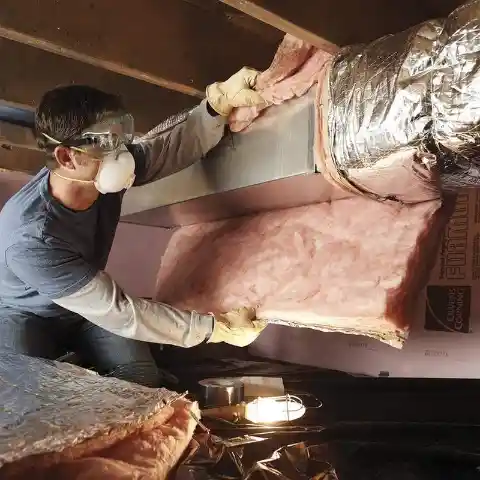
Insulating your ducts is a great place to start if you want to save on energy costs. Consider insulating your ducts as part of your next home improvement project. We recommend R-8 duct wrap, which should be found in any good hardware store near you.
Using Warm Water Instead
Although you might not believe it, another way to save money on electricity bills is to use lukewarm water when washing your clothes. It's the most efficient use of your energy usage, and it will save you money in the long run.
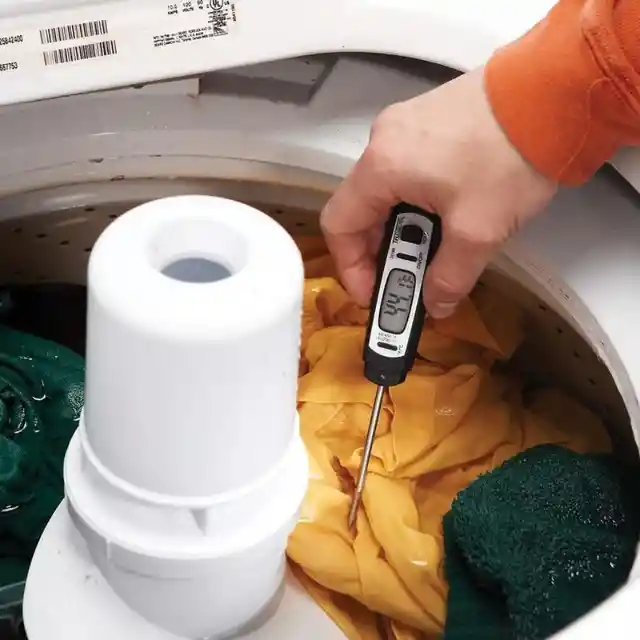
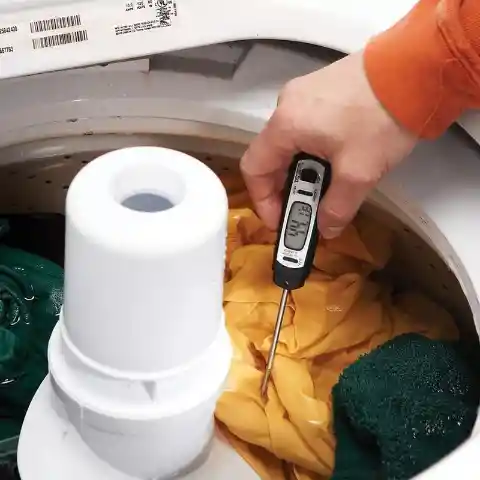
When you wash your clothes, using colder water can be more efficient, especially since most detergents are designed to run in temperatures of 65°F to 85 °F. Colder water is just as effective at cleaning clothes as warm or hot water.
Using A Water Heater Timer
Ever feel guilty about forgetting to shut off the water heater? Fortunately, there are a number of devices available that can be programmed to turn the water heater on during the times you need it and off when you don’t automatically.
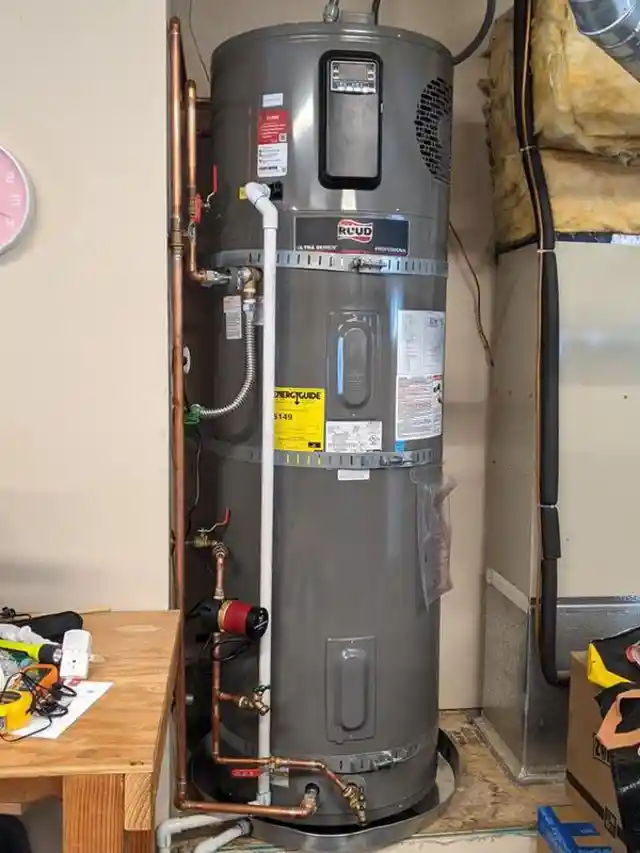
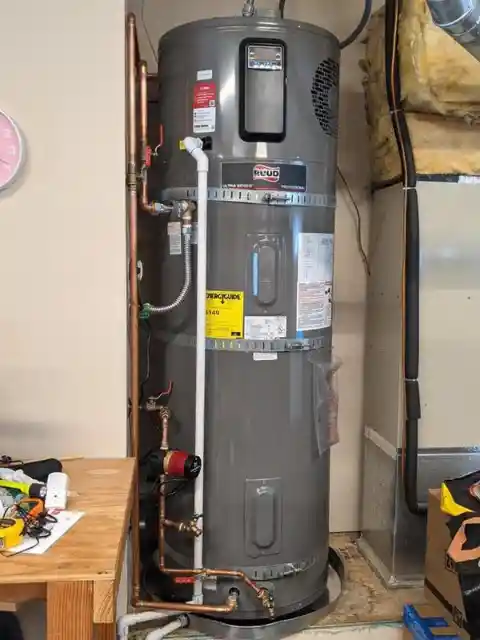
The on and off periods can be programmed into the heater’s computer, ensuring that your shower is hot when you have to wake up at the crack of dawn and off by the time you leave the house, all without a second’s thought.
Change Your Furnaces More Often
Homeowners who use furnaces tend to have a laid-back attitude about making sure their furnaces are working efficiently. Don’t be one of those homeowners! The more often you change your furnace filters, the less energy your furnace will need.
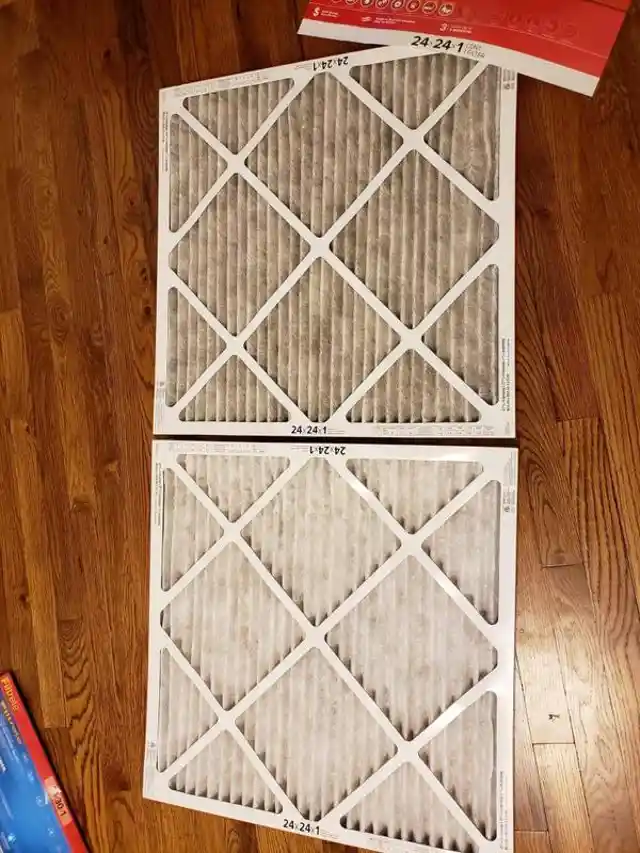
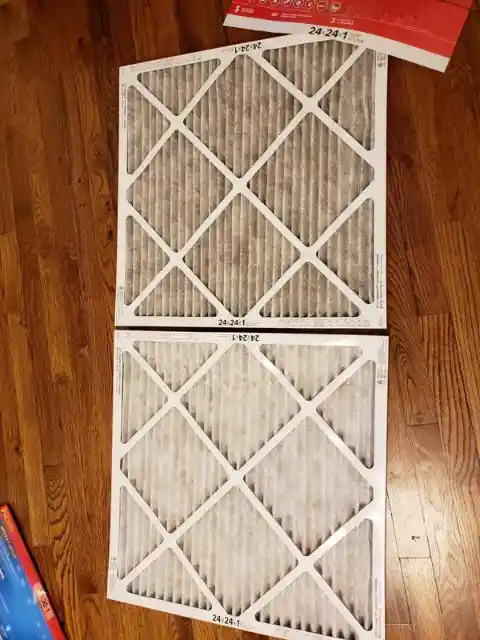
If you leave the filters in place for too long, your furnace will work harder and use more energy than if you had changed the filter in a timely fashion. This means that changing the filter every month or two can save you money on your gas bill.
Keep It Simple By Using Clothesline
The modern age has made us wasteful. This is a shame, not only because hard work can build character, but because convenience can seriously hurt your wallet. An electric clothes dryer is a good example of this dynamic in action.
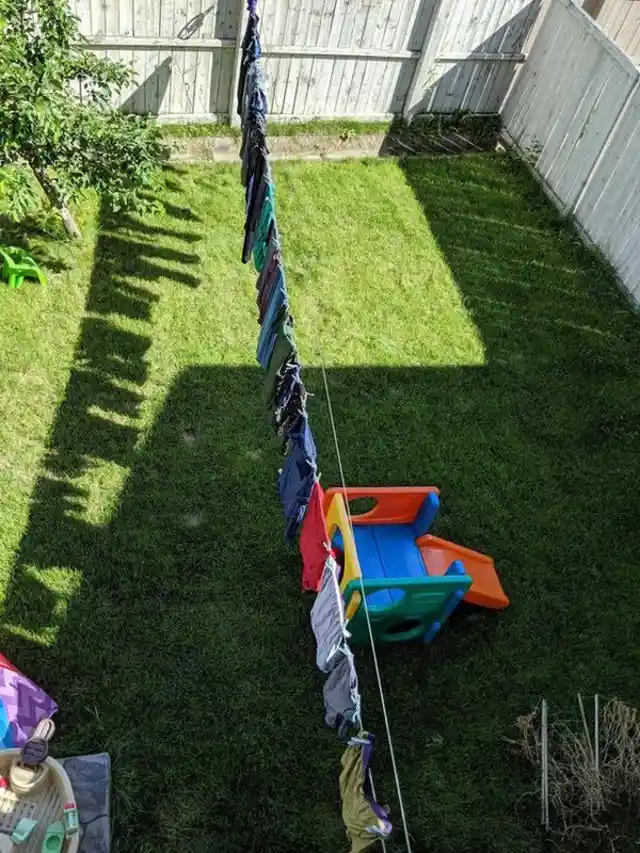
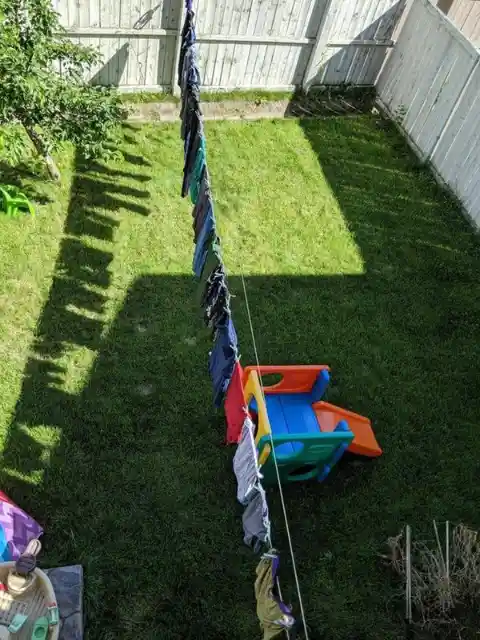
An electric dryer uses a lot of energy when all the energy you need is out there—and it’s free for everyone to use. What’s this magical solution, you ask? A clothesline! It will cost you little to nothing to dry your clothes this way.
A Mini-Split HVAC System Might Be More Efficient
If you have a ventilation system with boilers and radiators or need to replace your duct system, consider using the mini-split HVAC system instead. Mini-splits use much less energy than your home's traditional ductwork. They are smaller than whole-house systems and take up little room.
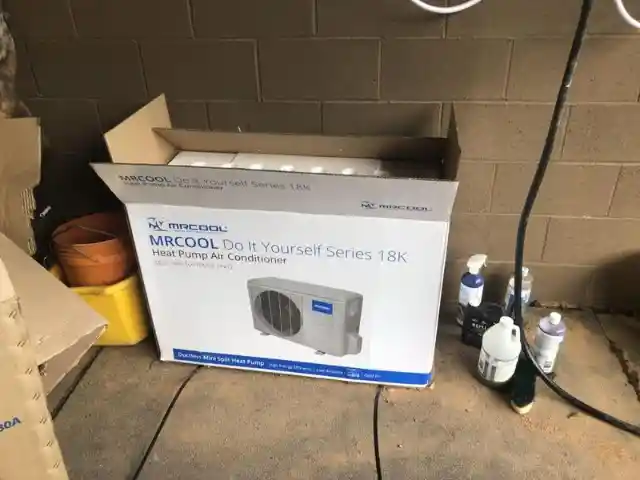
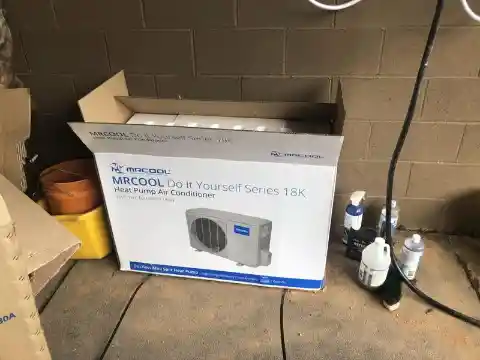
They use less equipment, which makes them more efficient. They are also simple to install since they do not require ducting around the house. Just install the condenser and install several mini-split units around the house.
Perform Annual Maintenance Checks With Your A/C
When it comes to furnaces and air conditioners, regular maintenance is a must. Furnaces are large, cumbersome machines that are difficult to work on, while air conditioners are relatively small and easy to maintain. One service per year is enough to keep your air conditioner running at peak efficiency all year round.
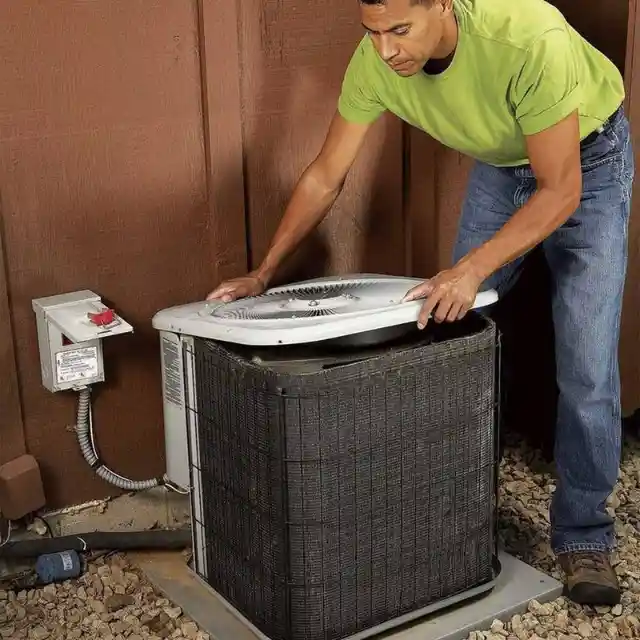
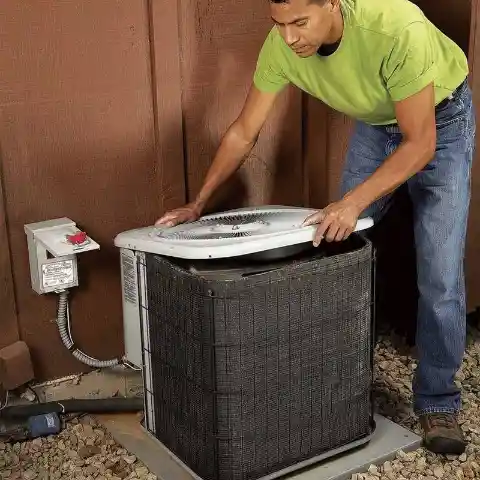
To ensure that your air conditioner is always working at peak efficiency, you should have it serviced by a professional at least once a year. That way, you can make sure that the motor coils are well lubricated and straightened and that the fins have not become bent. Replacing the filters will help keep dust from clogging the system.
Plug Out Appliances When Not In Use
According to the Department of Energy, most of the energy used in your home is consumed when your appliances are not in use. For example, when you turn off your TV, you’re really just putting it on standby. It will continue to draw power and waste energy.
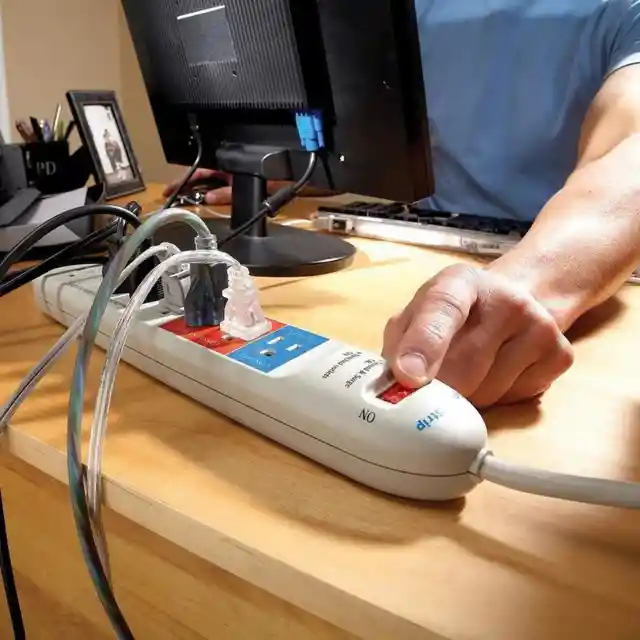
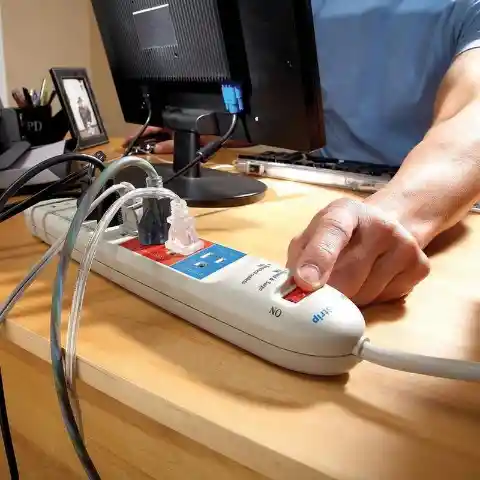
The same goes for computers, and pretty much everything for that matter these days. To cut down on waste and save yourself money, pull the plug on your appliances when you aren’t using them where you can. You’ll feel the difference in your wallet (or bank account).
Clean Your Dryer Vents
You can save more money on your energy bills by cleaning your dryer vents. When the lint gets clogged in the vents, the efficiency of the dryers is greatly reduced, and as a result, you’ll end up paying more on your utility bills.
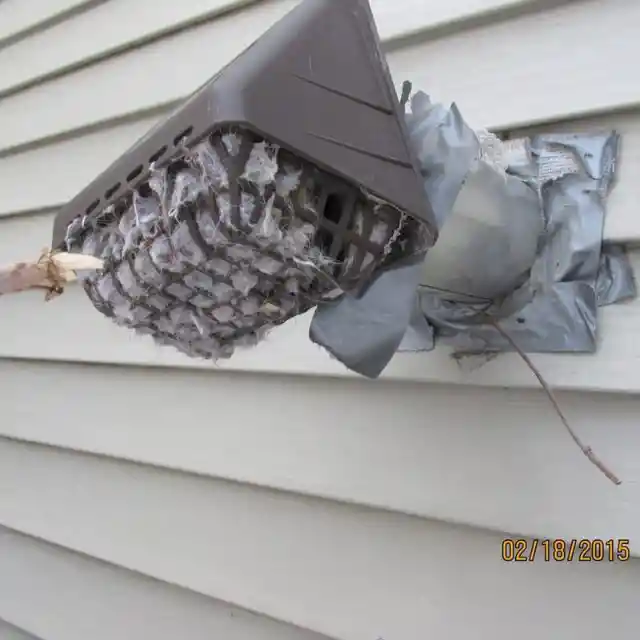
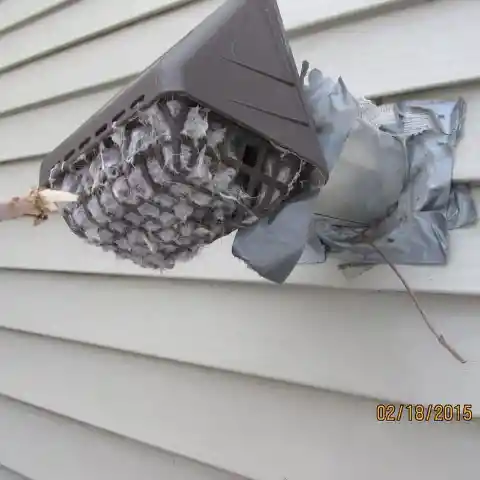
As well as lowering your utility bills, cleaning the lint from the dryer can also help you avoid hazards such as fires. Excessive lint buildup has actually been the cause of over 25,000 fires in the last four years. Holy smokes!
Drain Your Water Heater
Another way to cut down on your energy bills is by draining your water heater regularly. Hiring a professional to clean your water heater and remove sediment will reduce repair and replacement costs in the long term.
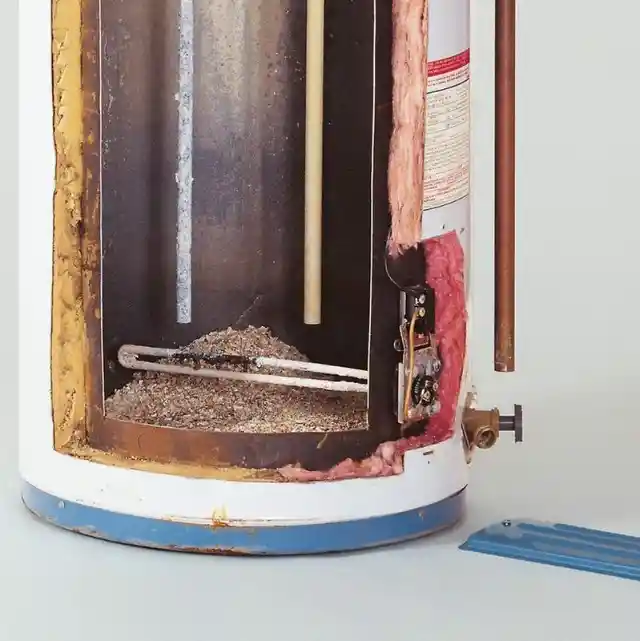
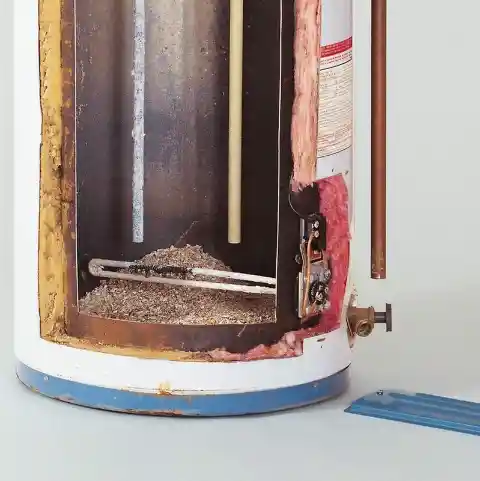
Draining your water heater and having it cleaned can save you money on your energy bill. Water heaters tend to collect sedimentation, and the sedimentation can compromise the water heater's efficiency. If you don't clean yours at least once a year, you'll pay more for energy.
Try Smart Metering
If you want to get the most out of your money, save energy, and help the environment by reducing electricity usage, you can install a new smart meter. This will give you more control over your energy usage. Some energy companies also pay you to take advantage of their service.
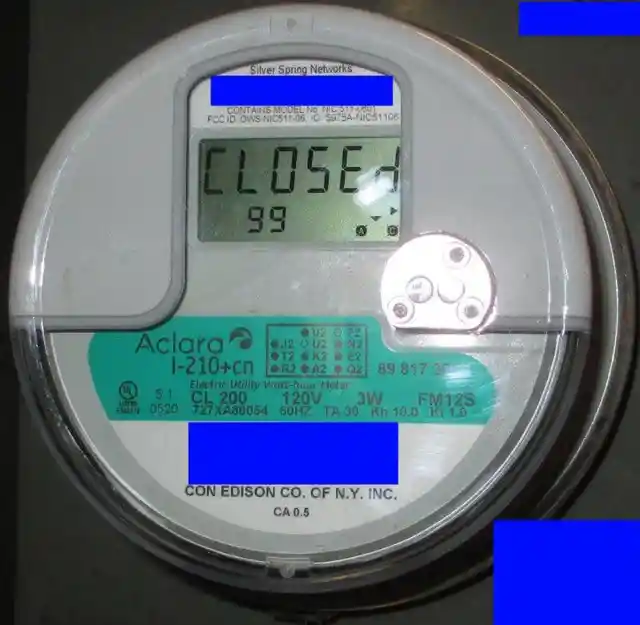
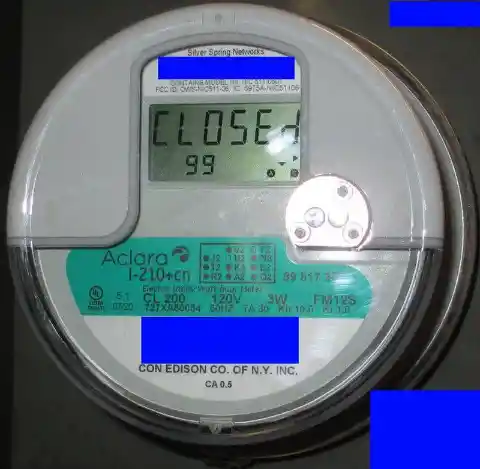
Smart meter technology can also help keep blackouts in your area to a minimum. When your grid is nearing its limit, the meters will turn off major appliances in your home to avoid grid failure. How cool is that?
Check Out The Back of the Fridge
The next step to bringing the cost of your utility bills down is to clean your refrigerator's coils. These coils help the compressor vent out excess heat, which helps your fridge run more smoothly and therefore more efficiently.
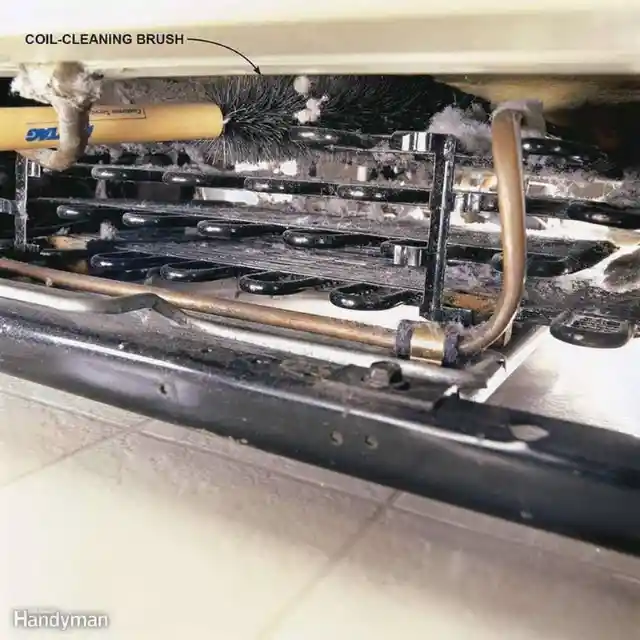
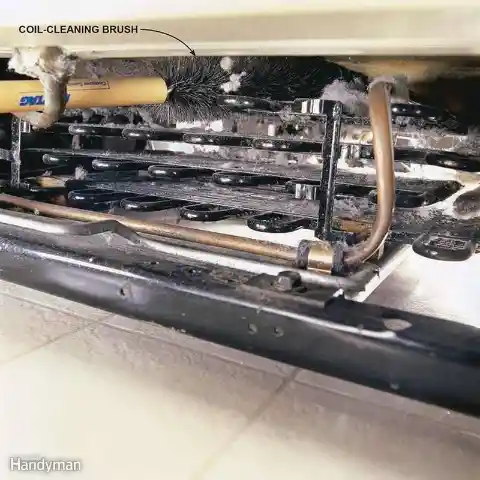
When these compartments are not kept clean, the fridge cannot carry out its functions to the best of its abilities. This can make the compressor work harder, resulting in a decrease in efficiency and, if left unchecked, even cause the compressor to fail.
Seal Your Unused Chimney
If you have an unused fireplace in your home, it's probably a good idea to seal the chimney. Otherwise, you'll be wasting a lot of money heating the air that escapes through the chimney! Doing this is an easy and effective way to save money on your energy bills.
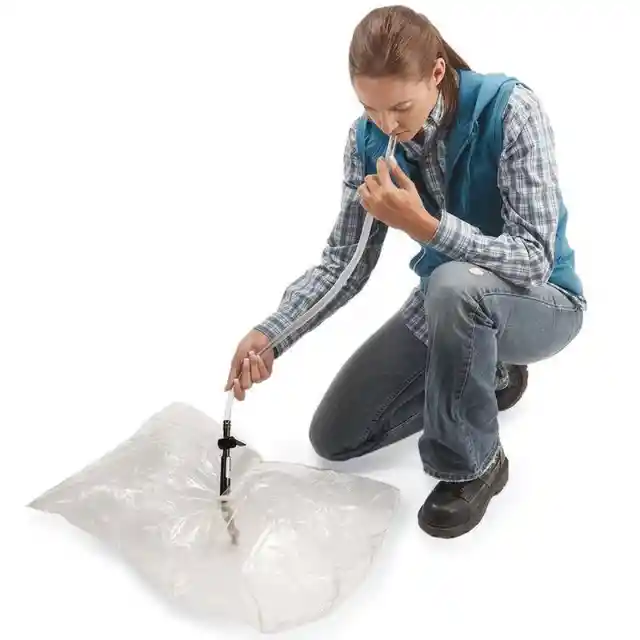
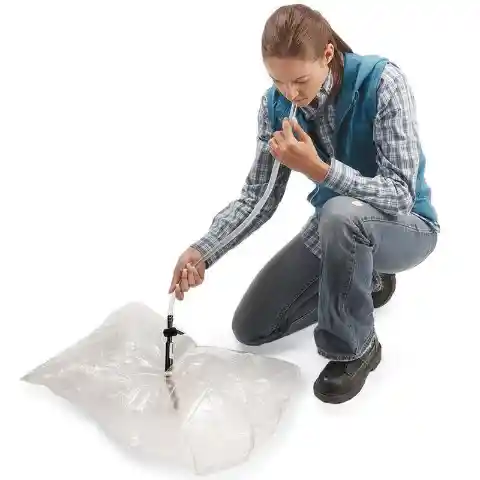
You can use a product called a chimney balloon to seal it off. The chimney balloon is an inflatable, plastic piece installed between your chimney and seals the opening. Simply inflate the balloon and push it up in your chimney to install it. Just remember to take it down in time for Santa’s arrival.
Cover Your A/C During Winter
You might only think about your air conditioner in the summer months, but did you know your air conditioner is costing you money in the winter? Cold air can blow in through these units. Consider covering your window unit when the cold season comes.
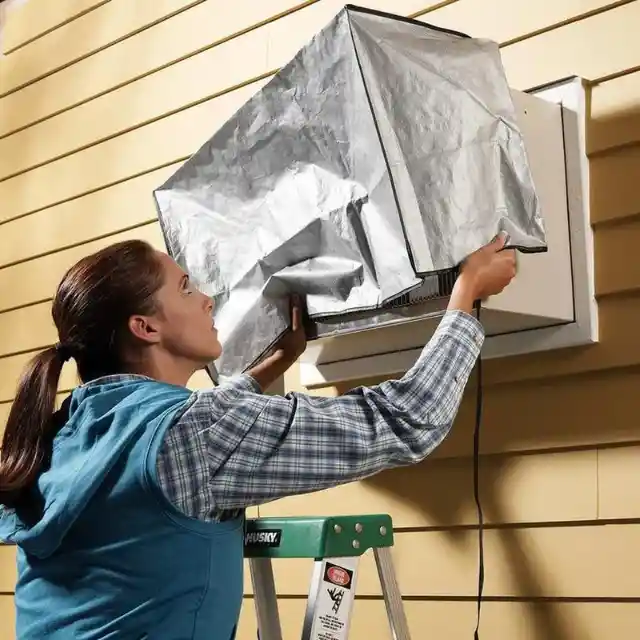
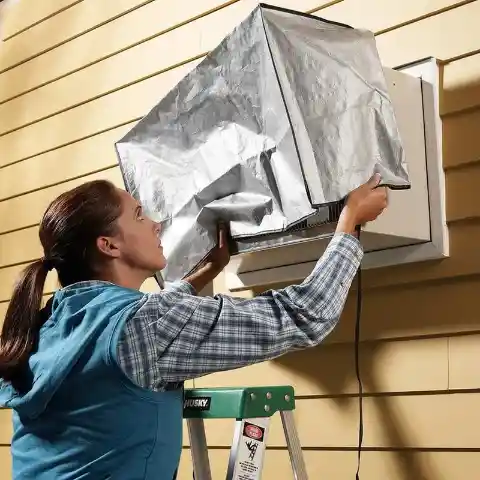
To prevent cold air from flowing through or around it and into your house, cover it up. By covering your air conditioner, you will also be able to maintain it because it will not gather dust on it. This will make it easier to clean and less prone to needing repair.
Wall Insulation Can Make A Difference
Good wall insulation is easily overlooked. However, if all the gaps and holes in your wall are not properly insulated, the energy efficiency of your heating and cooling systems could drop by up to 25 percent.
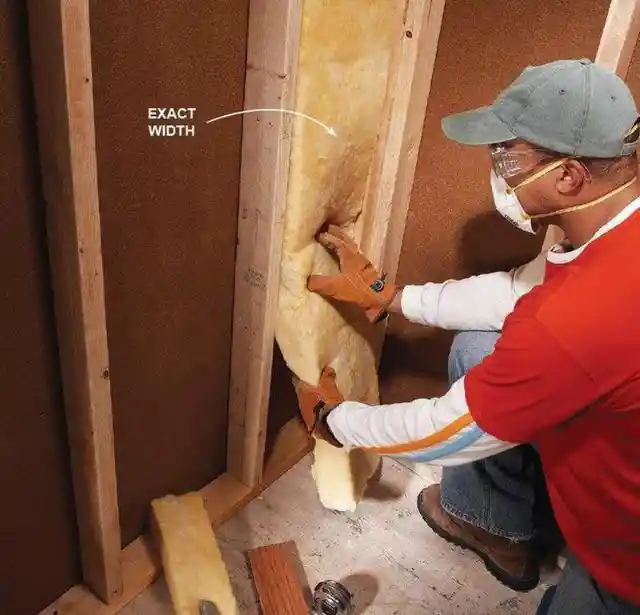
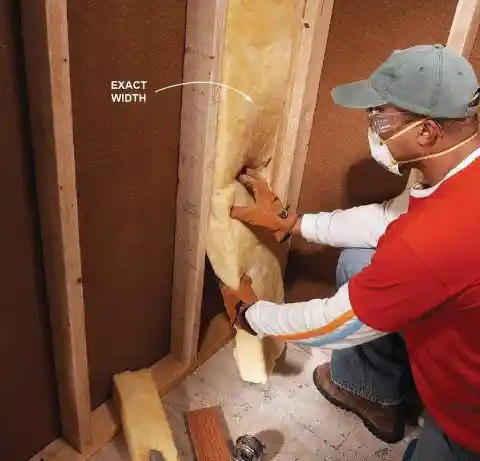
That's why it’s important to fill all those gaps and holes to lessen energy consumption. Fiberglass insulation is one of the most effective and easily accessible ways to achieve this. There are also numerous online DIY tutorials for those wishing to try this at home.
Seal Your Doors
To stop your electric bill from skyrocketing, check that all of your doors are properly sealed. When it's dark, turn off all the lights in your house and go to the door in question. Shine a flashlight outside the door and see what shines through.
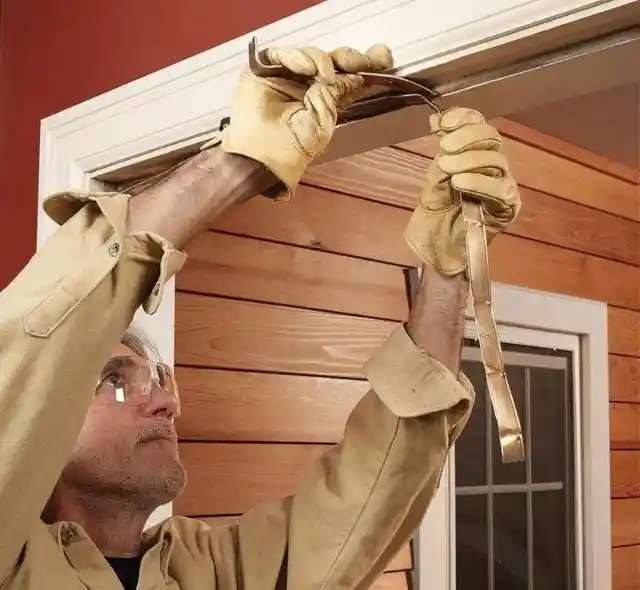
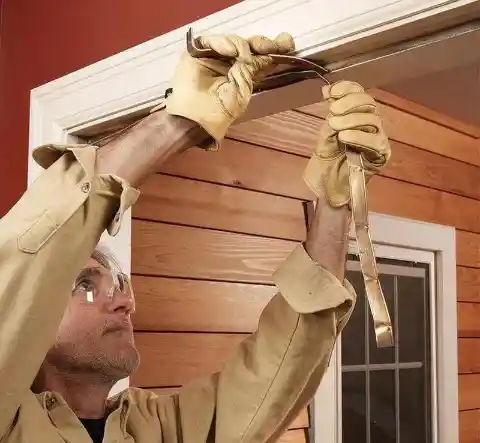
If you see the beam of light coming through, it’s likely that air will be flowing through this space as well. To fix this problem, simply use foam weather-stripping. It comes with a self-adhesive backing and is easy to install.
Cover Unused Fireplaces
One way or another, air will escape your home. But you can save energy by blocking the exit routes. If you have a fireplace that was once a source of warmth but is now just gathering dust, you can cover it up to save some energy.
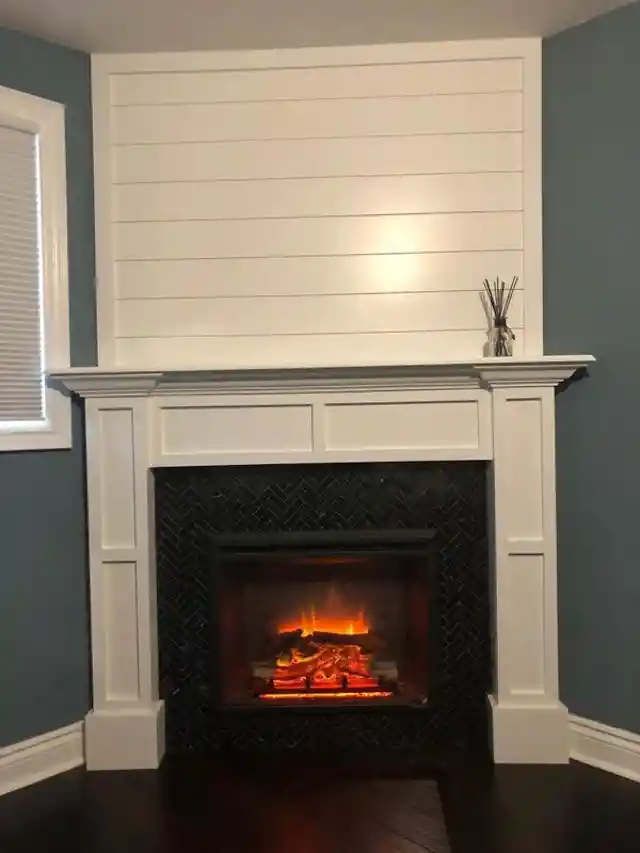
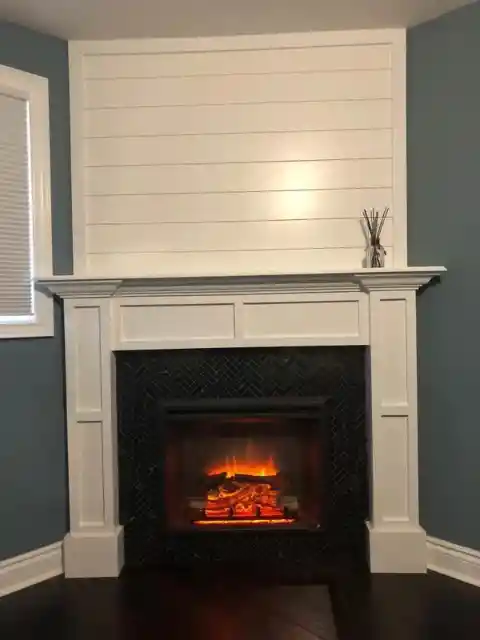
Fireplaces let heat out of your house. Closing them in winter or summer can help save energy and money. There are several ways to do this, from building a permanent fireplace cover or installing fireplace weatherstripping—which is temporary—to caulk the fireplace and gaps surrounding it.
Install Winter Curtains
If you don't have time to patch and caulk your windows, or if they're beyond fixing, you can use these curtains. With a quilted design and insulating hems, they'll block out any kind of drafts in the winter or hot air in the summer.


You can find them at every local home center, where they're also known as winter curtains. Installing them is a cinch—all you have to do is take the old curtains off the rod and replace them with these new ones. It’s as easy as that.
Leave No Gaps
The gaps and holes in your walls are likely the primary contributors to poor indoor air quality and high heating costs as they hold appliances back from functioning as they should. Fixing them up is a cost-effective way to save money on your electricity bill.
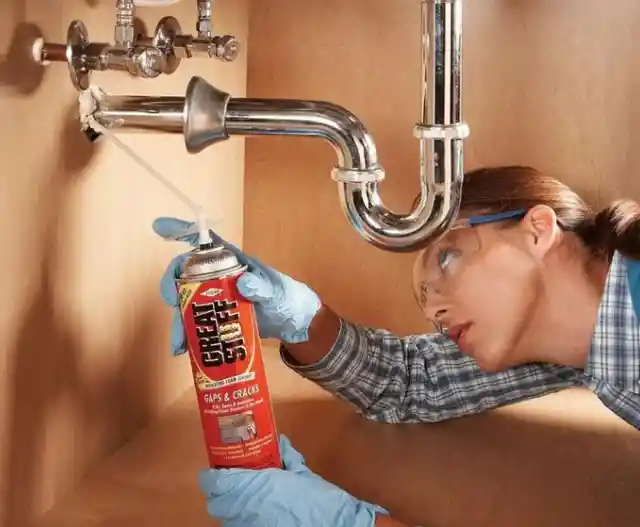
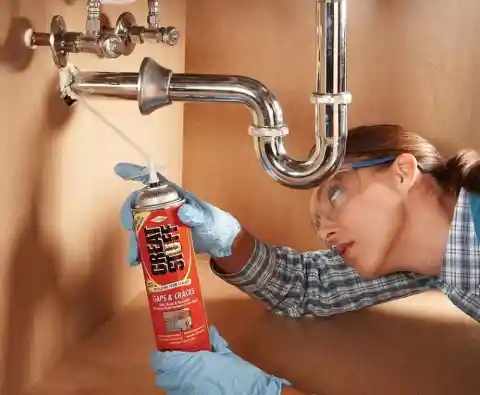
You're likely to find gaps where holes are too big for the plumbing, where pipes pass. To seal these leaks, you can spray expanding foam into them. Once they've dried, the foam will stay in place and block any leaking water.
Seal Even Electrical Switches
You use switches in your home to turn the lights on and off. But did you know that even when you turn off the lights, air leaks through the gap around the switchplate? Sealing this gap with caulk or spray foam is an easy way to make your home more energy-efficient.
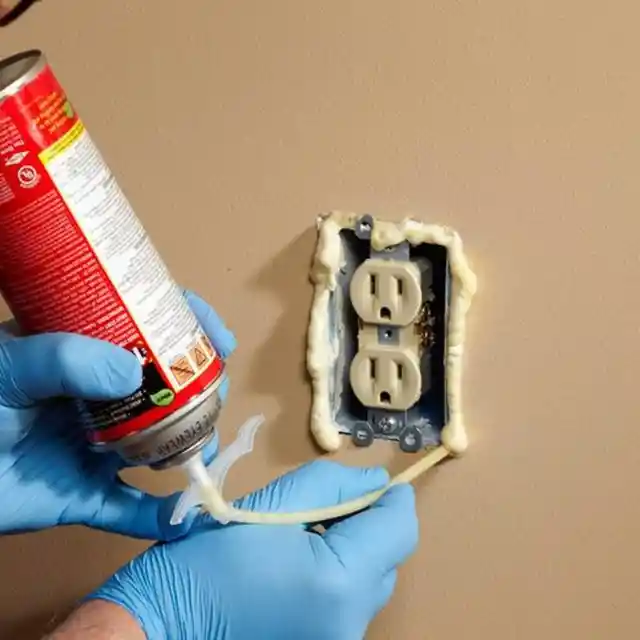
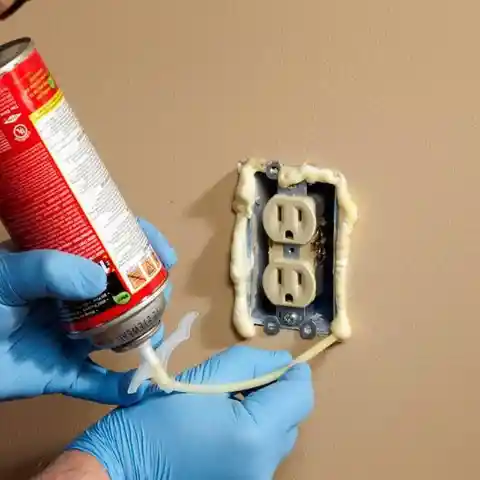
It's as simple as grabbing a can of foam and spending a few minutes with a caulking gun to seal electrical switches in your home, so why not take the time to do it right today? If you need help getting started, refer to online video tutorials.
Upgrade To Storm Windows
Storm windows are great insulators. These windows can keep your home warmer in the winter and cooler in the summer by adding a layer of insulation. You'll also be providing your home with an extra layer of security since storm windows are built for strength and durability.
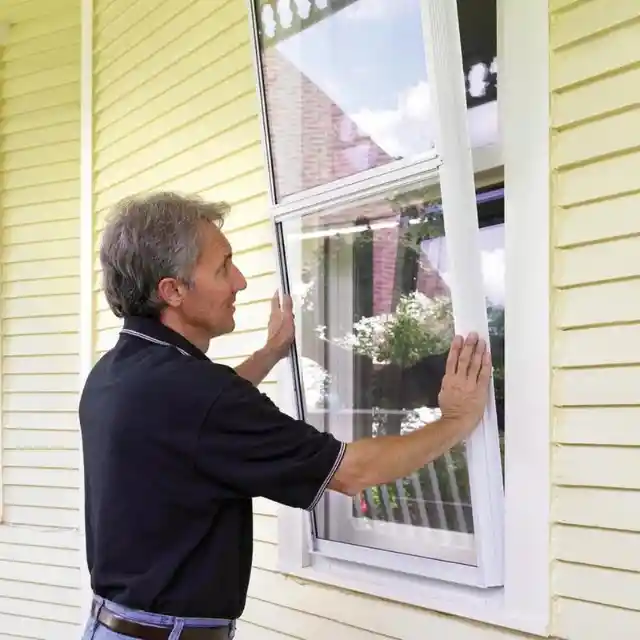
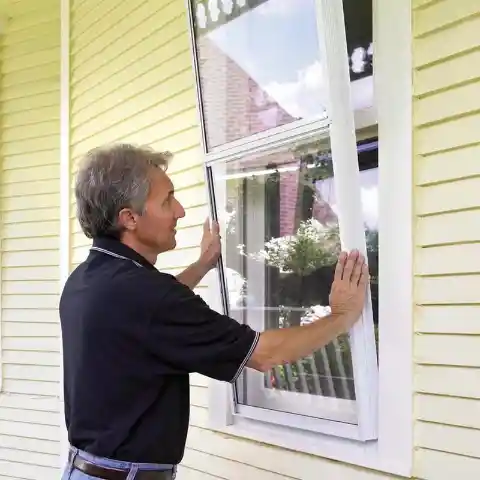
When selecting storm windows, choose low-emissivity (or "Low-E") glass. Low-e storm windows will not only help improve the energy efficiency of your existing windows but also help keep air leakage to a minimum. A number of storm window options are available in the market, but Low-E storm windows tend to perform the best.
Lower the Thermostat
Most of us are probably aware that turning down the heat on your thermostat can impact your energy bills. According to the Department of Energy, you can save one percent on your bill for each degree you lower on the thermostat.
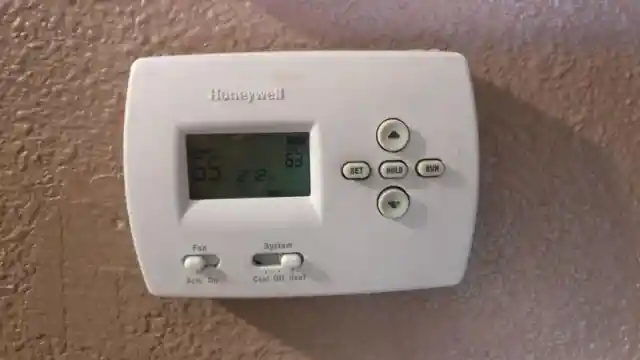
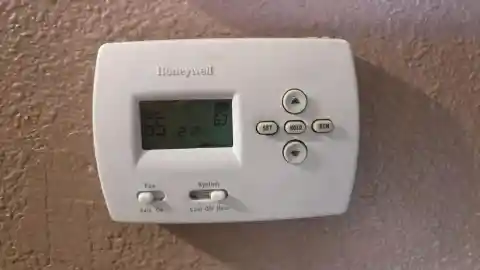
But what if we keep the heat turned down? Won't we freeze during the winter? The answer is no—and also, use a space heater in the room where you spend most of your time. It will keep you warmer than if you used ducts to heat the entire house.
Seal Any Outside Holes
An extra hole in a wall or ceiling is usually left for electricians or plumbers so they can make adjustments later. If you’ve made adjustments or had adjustments made recently, be sure to seal the hole afterward to save your appliances and lower your energy bill.
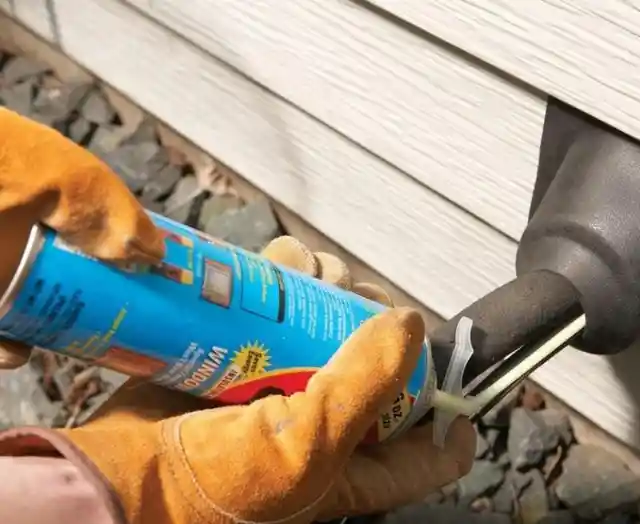
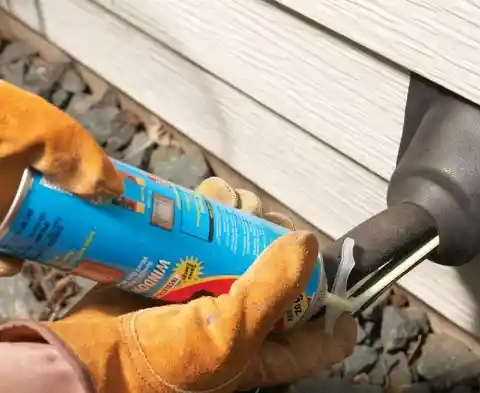
Think of all the money you could save by sealing small holes in your house. Additionally, mice will try to enter your home if they see an opening. Expanding foam is an easy way to solve this problem and keep your family safe!
Insulate The Pipes
Here's a quick hack that will save you money directly and make heat loss from your hot water pipes less severe. Hot water pipes like those in your kitchen or bathroom tend to lose heat as they travel to and from your heater.
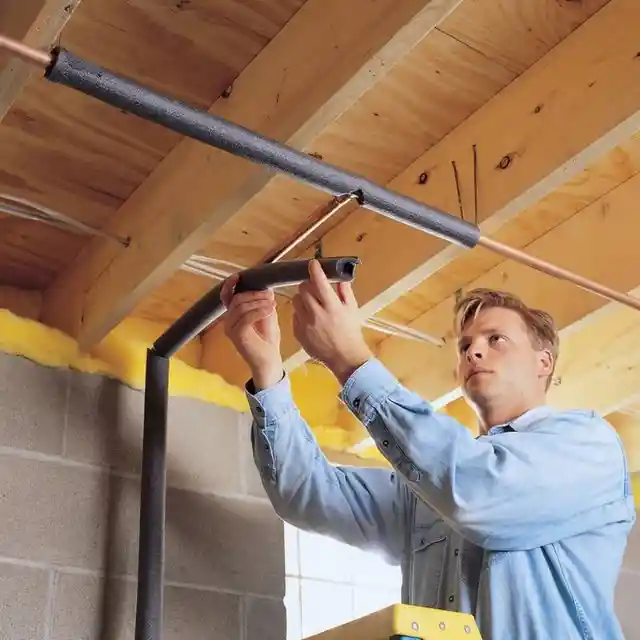
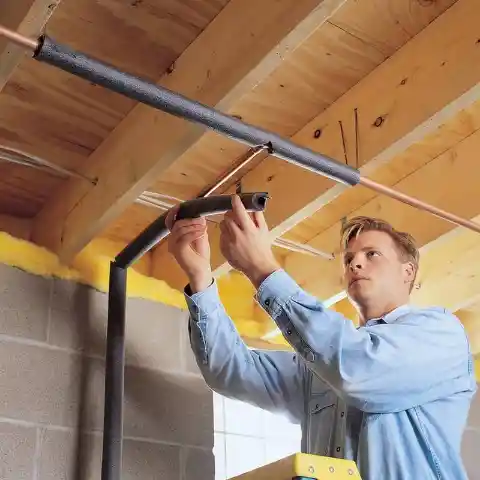
To reduce the amount of heat lost, you can try insulating these pipes with pipe sleeves. These inexpensive pieces of pipe-insulating foam are widely available at good home improvement centers near you.
Invest In Water Heaters
Most homes in America use water heaters with large tanks that can store 40 to 50 gallons of hot water. The main disadvantage of using these types of heaters is that it takes more time and energy to heat up that large amount of water.
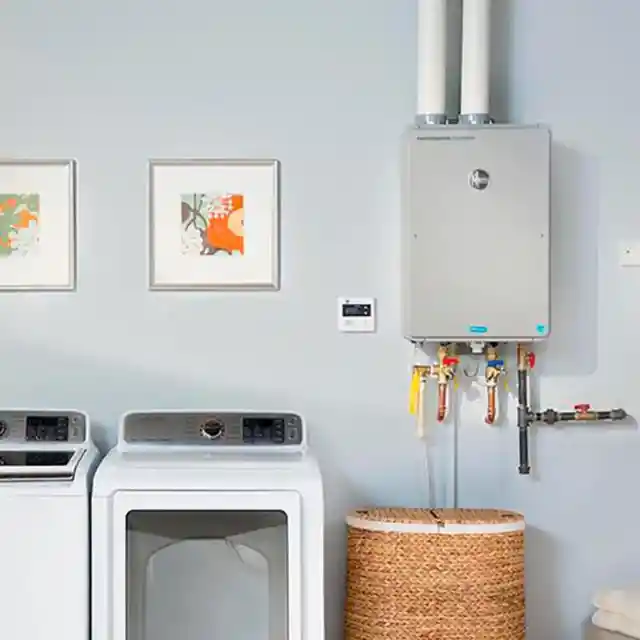
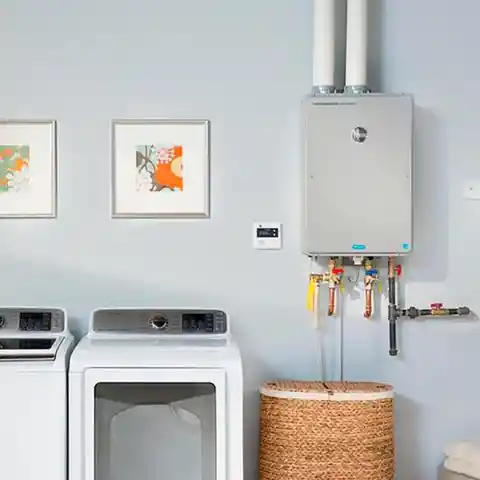
Investing in a tankless or an instant water heater can help you save up to 50% of your energy bills. The main benefit of this type of water heater is that it heats the water only when you turn on a faucet, which takes less energy than a traditional water heater.
Check The Default Temperature Of Your Water Heater
If you decide not to invest in an instant water heater or feel like it's not worth the money, the next best thing to do is turn down the temperature on your current water heater. Most water heaters are set to temperatures way above what you need.
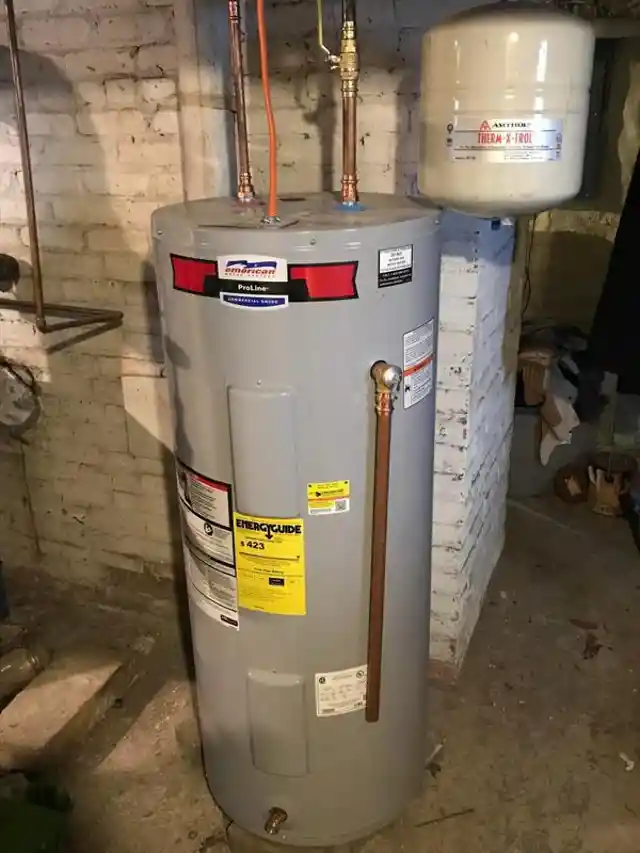
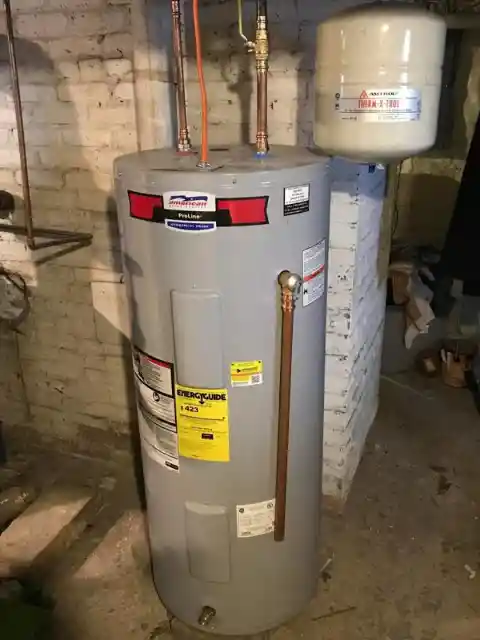
And we don't realize how hot or cold our water should really be. The recommended temperature is between 112°F and 120°F or 45°C to 49°C. If you're comfortable and your pipes can handle it, try turning the temperature down even further.
Let The Sun Rays Come In
It's always nice to have a warm place to come home to in the winter. So, why not take advantage of the sun's rays when you can? Let them stream in during the middle of the day, so you can get warm while they're shining on your skin.
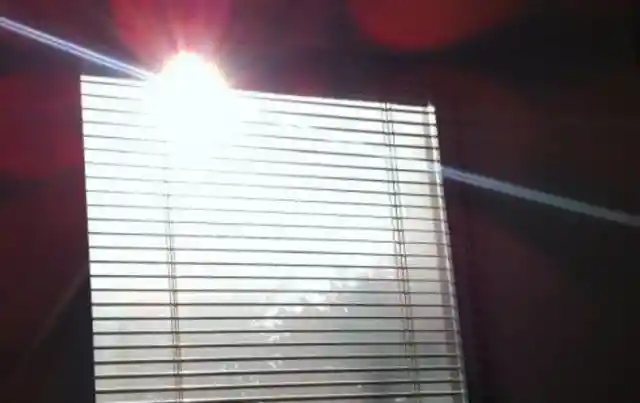
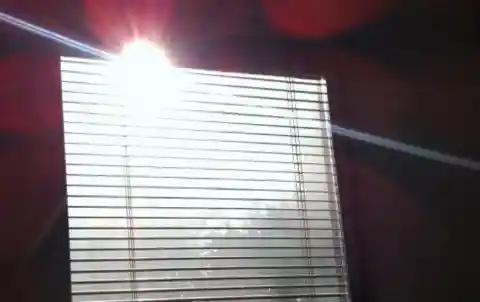
Open your curtains during the daytime, and let the light come forth. This will help you save on your heating bill, and it's much cheaper than artificial lighting. It'll also help you to cherish the natural light, get some vitamin D, and enjoy a room with a view.
Use Energy Star Rated Products
If you want to save money on your energy bills, you should buy energy-efficient appliances. According to the Energy Star website, people who bought Energy Star rated products saved a total of 30 million dollars on their energy bills.
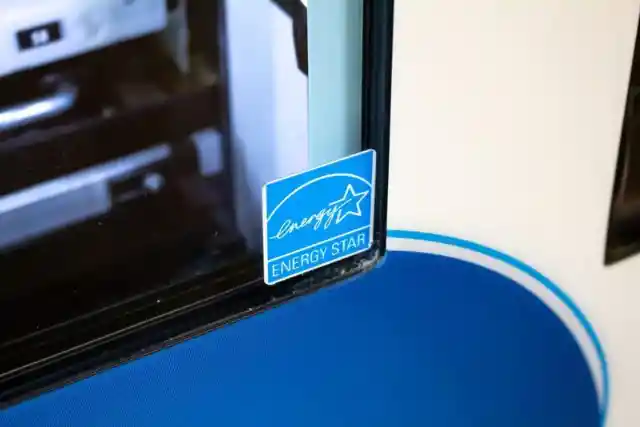
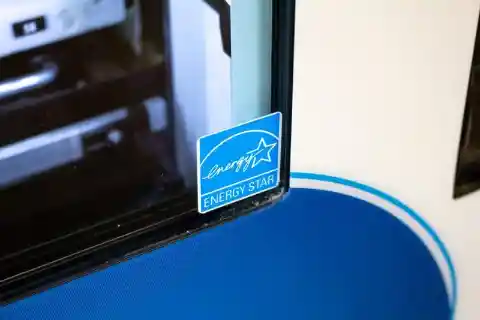
Energy Star appliances use significantly less energy than standard models and can save you at least 30 percent on your current electricity costs. These items also qualify for tax incentives and rebates from your investment as long as you are qualified.
Small Changes Make A Difference
You can save money on your bills by making small changes that add up. For example, you could turn off the water while shaving or brushing your teeth, or you could put a timer on the lights so they don't stay on all day.
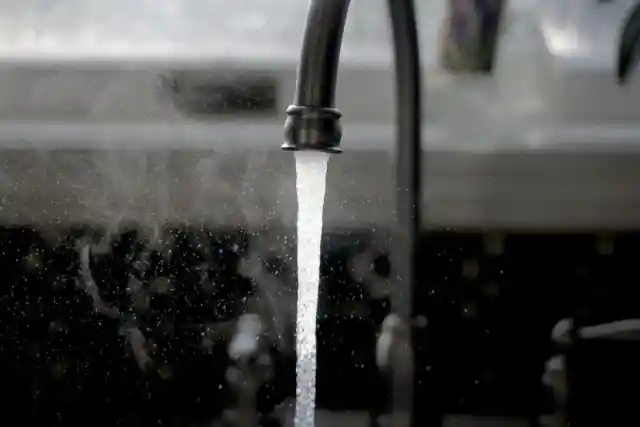
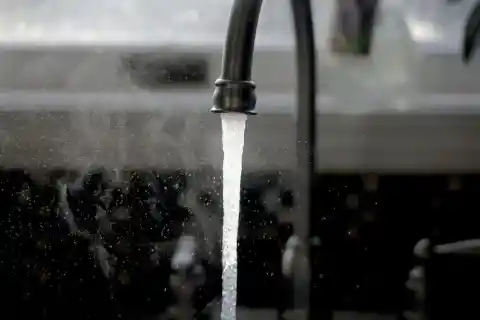
You can save money on your electric or water bills by changing your habits. By doing this, you will not only reduce your costs, but also help protect the environment by reducing your consumption of water and electricity. That's definitely a win-win!
Use Free Air To Your Advantage
You don’t always have to go through the dirty work of washing dishes by hand. Dishwashers can make the process a lot faster and easier, but you can save time and money in the long run if you adjust your dishwashing habits.
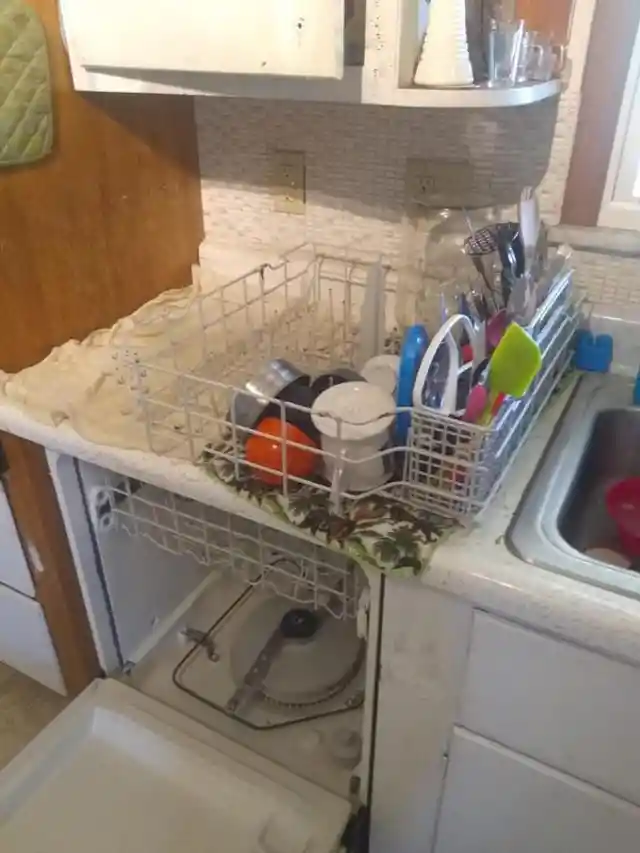
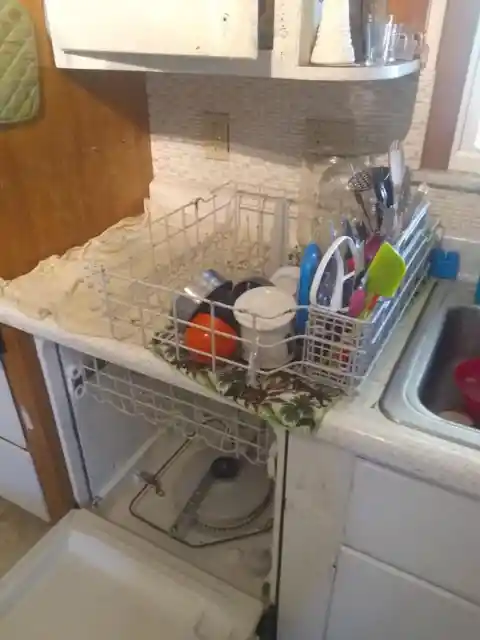
You can wash your dishes in the dishwasher, but you'll save some time and energy by drying them carefully by hand and making use of the free air. Be sure to give each dish a good shake to get rid of all the extra water.
Microwaves Are Better Than Ovens
Ovens are wonderful kitchen appliances that let you prepare all sorts of delicious meals. Snacks such as pizza and cookies taste best when oven baked, but the gentle heat of an oven mostly works well for slow-cooking foods.
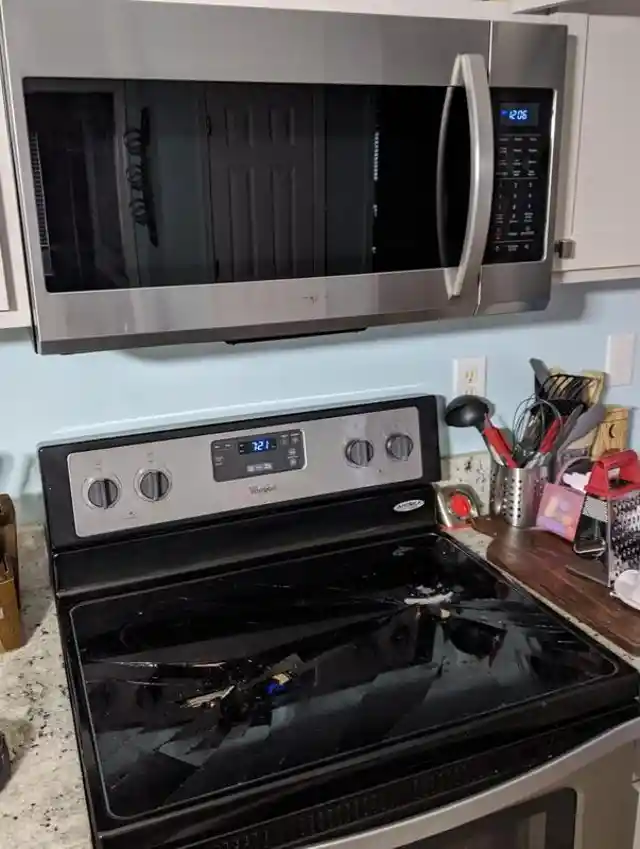
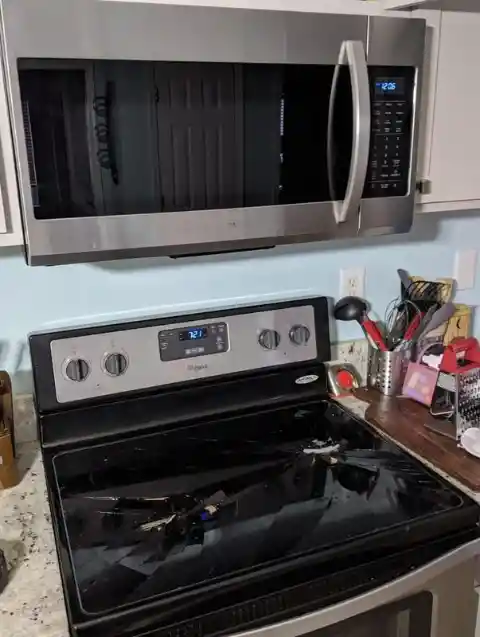
If you're in a hurry, a microwave is a better option than an oven because it heats up food in about 15 minutes. An oven takes almost an hour—you can understand why it's not considered the most energy-efficient choice.
Switch To Laptops Instead
Many people tend to opt for laptops for productivity-focused work because they are said to be more efficient and require less energy. While desktops have a reputation for being better for performance-centric work, they actually require much more energy to run.
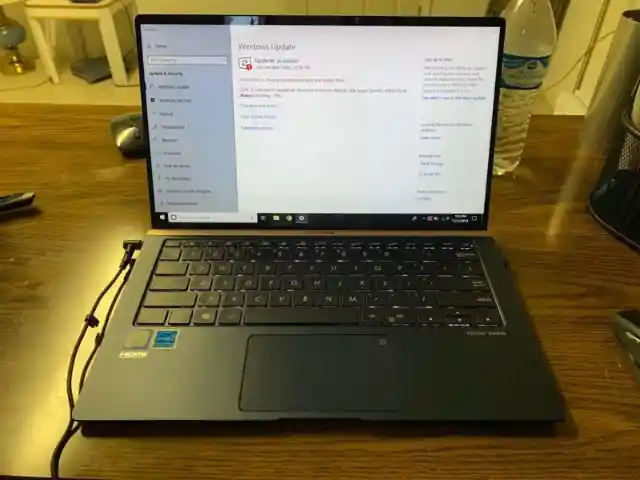
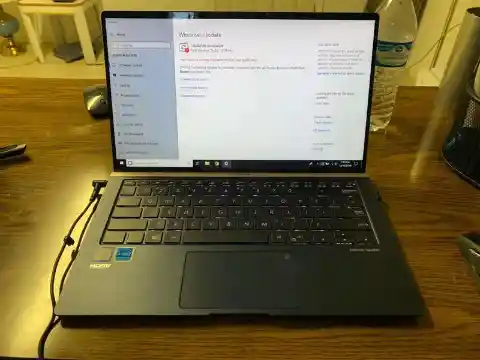
We recommend that you use a laptop rather than a desktop if possible. Admittedly, this tip may not work for everyone, but if you’re looking for a new machine, remember that laptops are typically much more power-efficient than desktops, which could help save some money on your power bill.
Review Your Energy Consumption
The tips for conserving energy that we have shared with you so far are based on the average household's energy consumption, but it is possible for energy usage to be higher or lower than the norm, depending on a person's living arrangements and habits.
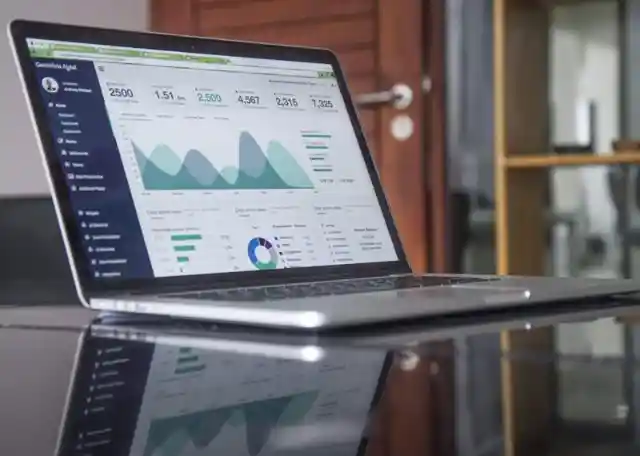
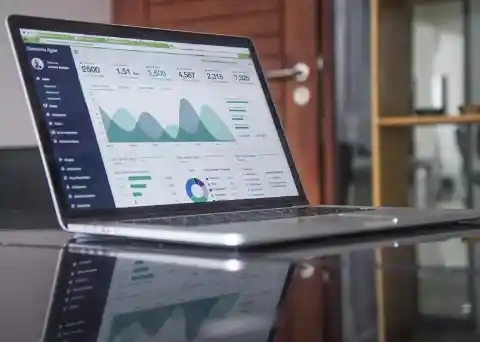
We advise you to study your energy usage and find out what appliances use the most energy when they're in use. This will help you discover which appliances to unplug or turn off when not in use. Smart meters are great for measuring these variables.
Keep A Lookout For Other Energy Providers
We shared some tips in this article on how to save money on your bills. If you follow these suggestions, you'll without a doubt cut your bills. But if you want to reduce your expenses even further, you could also keep an eye out for other energy providers in your area and compare them to your current provider.
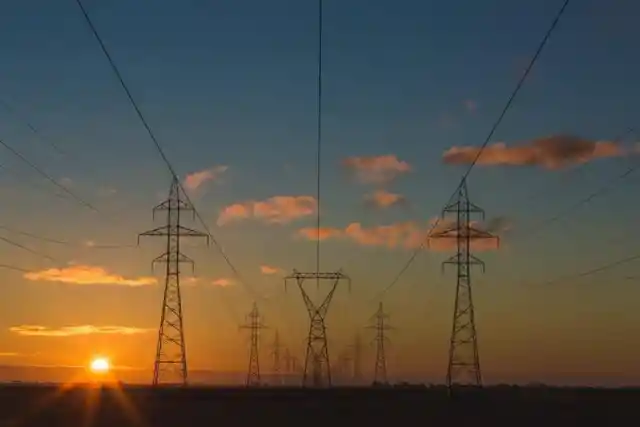
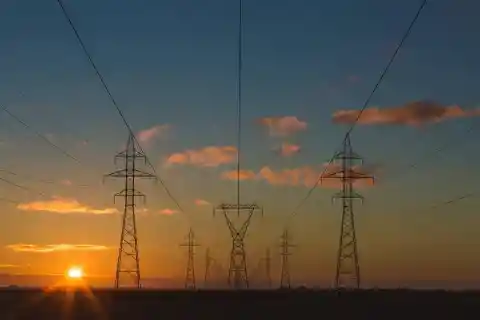
After you compare the electricity rates of other energy providers, you should know if switching will save you money or not. If another provider is charging less for power than your current provider, you can likely switch and save some of your hard-earned dollars.
Getting Solar Panels Installed
If you're interested in paying less money to your current electric provider, installing solar panels on your home's rooftop is the way to go. They take the sun's rays and turn them into clean, renewable energy, dramatically reducing your electricity bills in the process.
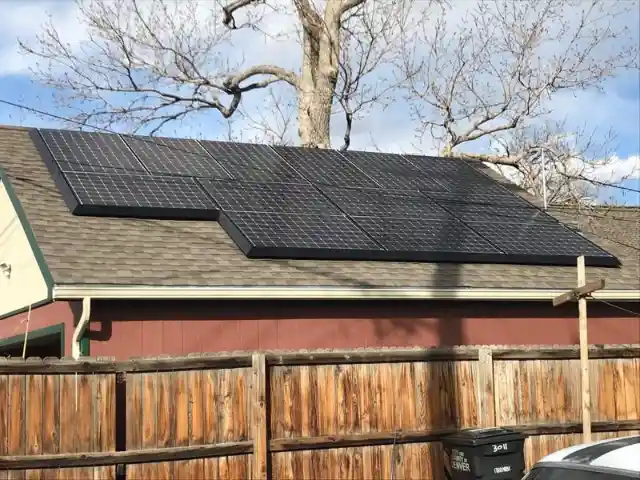
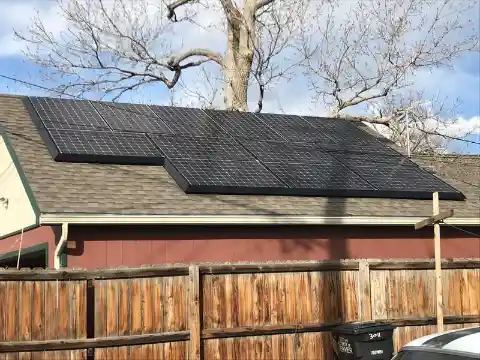
Solar panels harness the sun's energy by using photovoltaics to convert light energy into electricity. The cost of solar panels is dropping, too, making it easier than ever to choose a green energy source and contribute to a healthier environment.